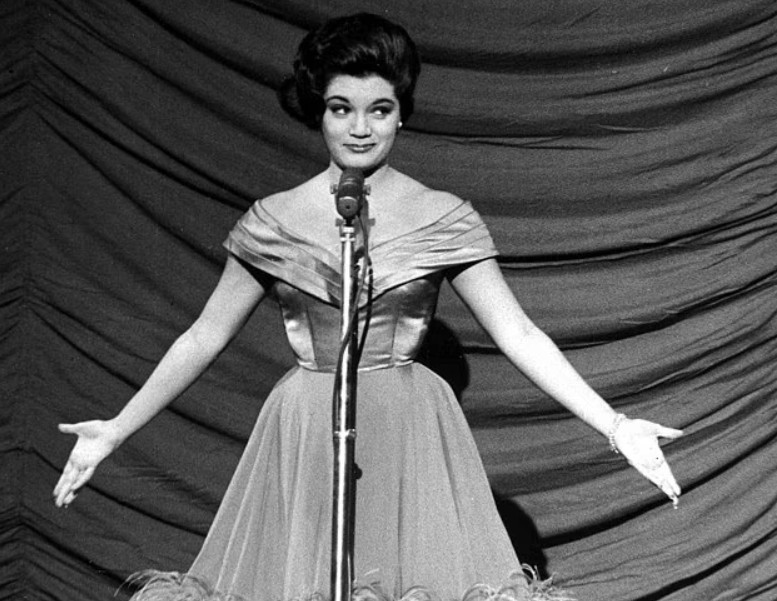In recent months, her name unexpectedly returned to the spotlight. A song she recorded back in 1962 suddenly went viral on TikTok. Young people who had never heard of her before began using the track en masse in their videos, turning it into a true hit of the decade. She herself — stunned by the sudden resurgence — admitted she didn’t even recognize the recording at first.
But behind this digital sensation, far less joyful events were unfolding. She had to cancel a scheduled radio appearance due to health issues, addressing fans with words of gratitude and hope. Treatment, pain, hospitalization in Florida — all spoken about cautiously. Fans sensed something was wrong but hoped for recovery.
Sadly, Connie Francis, the 87-year-old icon of American music, has passed away. Her close friend Ron Roberts announced the news, saying she died peacefully in her sleep. Her final words to the public were filled with warmth and gratitude — and that is how she will be remembered: sincere, resilient, radiant.

Connie was born into a large Italian family as Concetta Rosa Maria Franconero. Her career began with appearances on children’s shows, but her real breakthrough came thanks to her father, who urged her to record the old song Who’s Sorry Now — a million-selling hit in 1958. That’s how her star began to rise.
In the 1960s, she became the voice of a generation — Stupid Cupid, Where the Boys Are, Lipstick on Your Collar played on radios across the globe. But her path was far from easy: after a brutal assault in a hotel, she vanished from public life for nearly a decade. Later, after winning a lawsuit, her case became a catalyst for reforms in U.S. hotel security policies.
Connie returned to music in 1989, wrote a bestselling autobiography, and began performing once again to the delight of devoted fans. Her second memoir, Among My Souvenirs, offered a deep and honest reflection on her life journey.

Even in 2024, her music lived on — millions of fans were singing Pretty Little Baby, including none other than Kim Kardashian’s daughter, North. “It’s an honor,” Connie said in a March interview. “To think that a song recorded over 60 years ago is touching so many hearts — it’s an amazing feeling.”
She may be gone, but she left behind songs, a voice, and a strength that she passed on through her music. The legacy of Connie Francis is more than just nostalgia — it is a living part of culture that continues to resonate, inspire, and endure.












